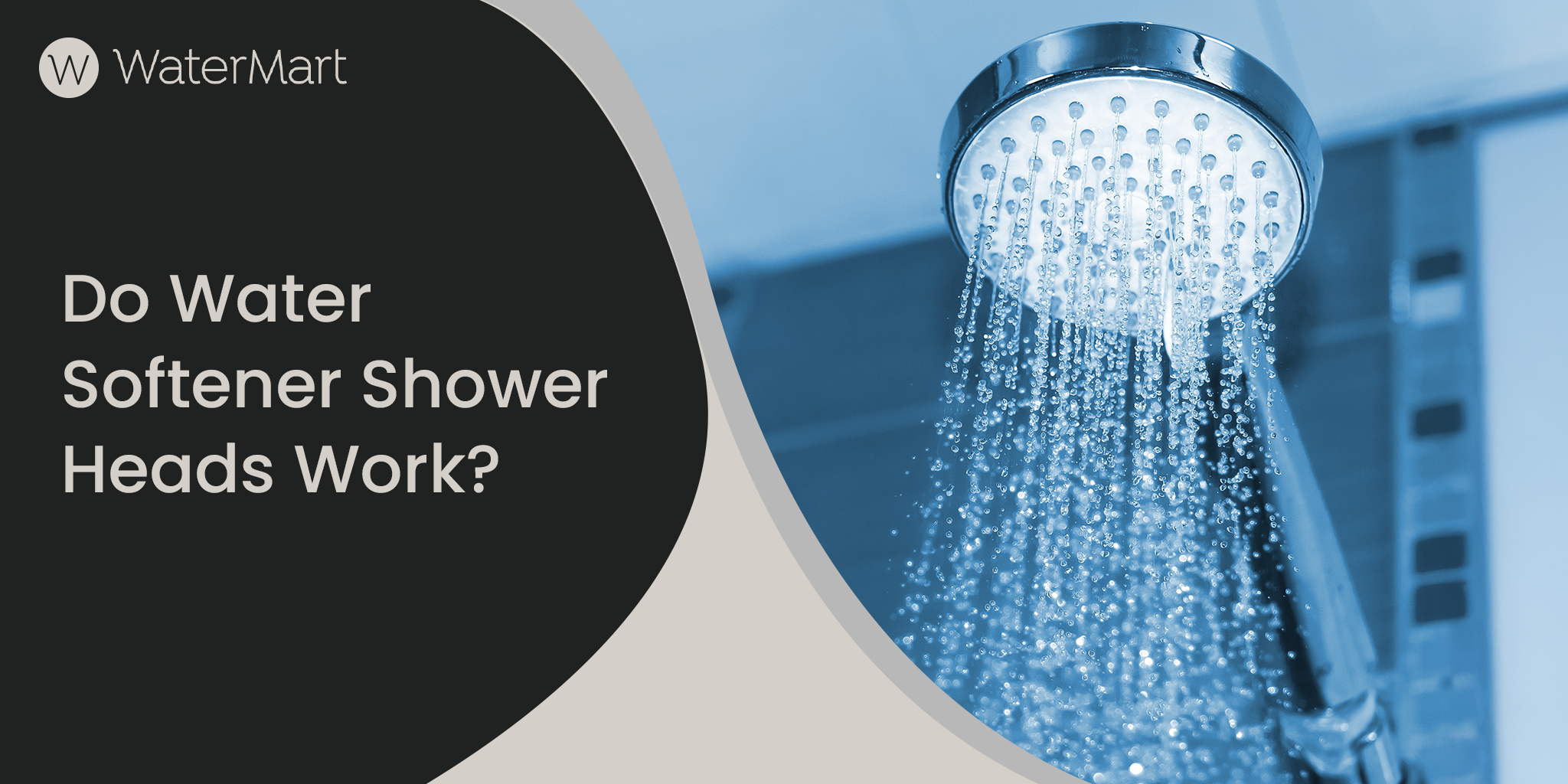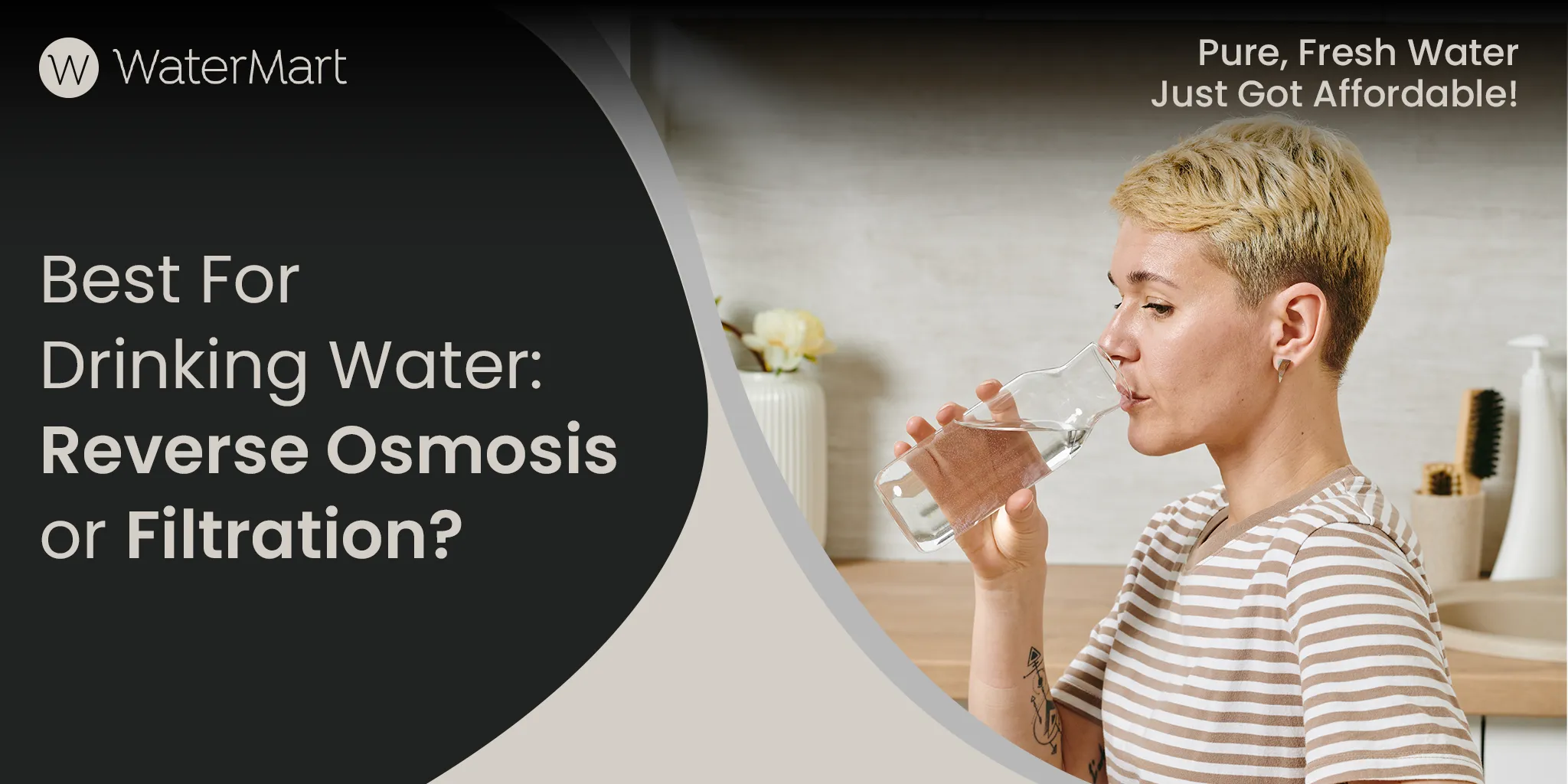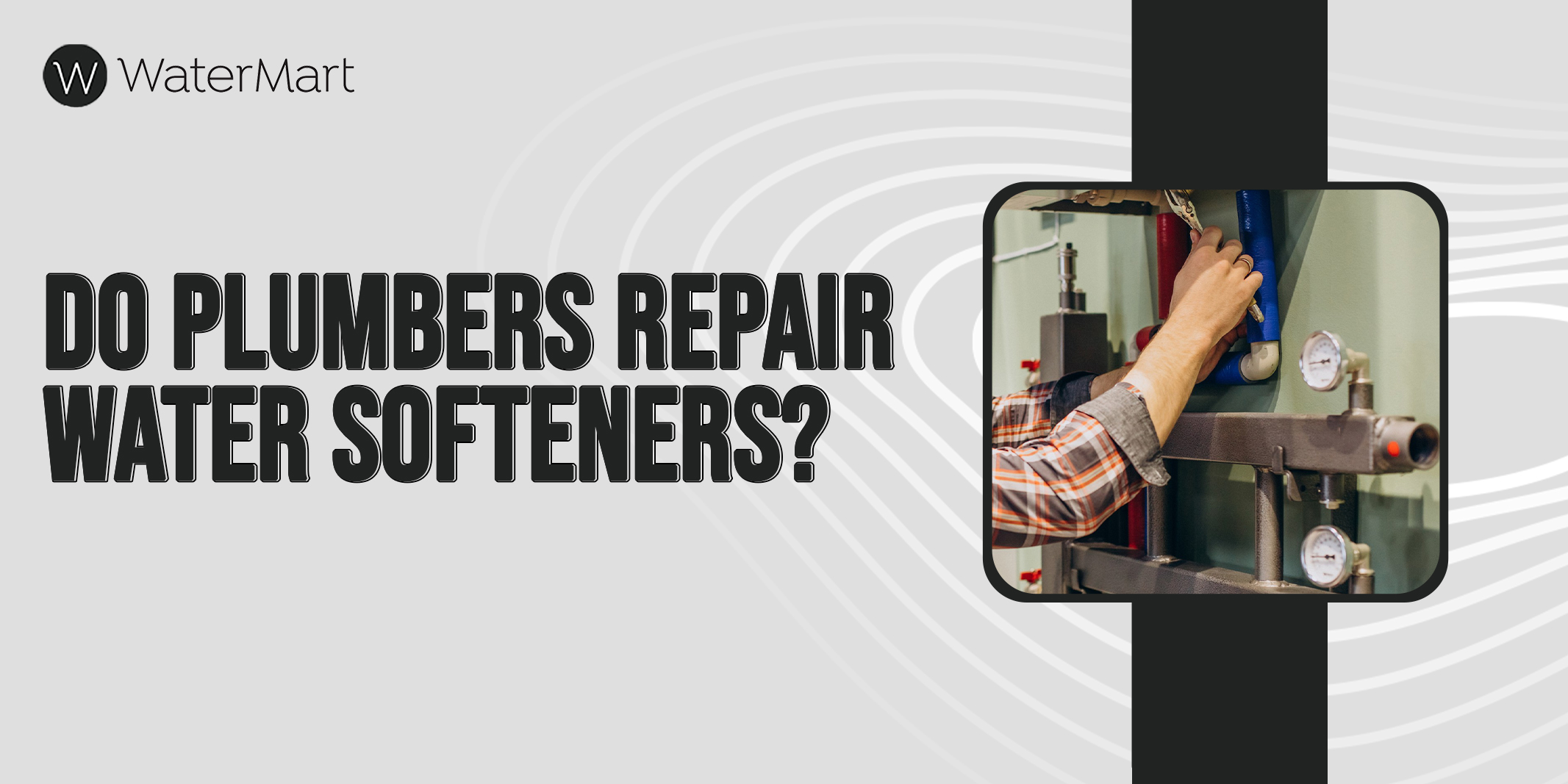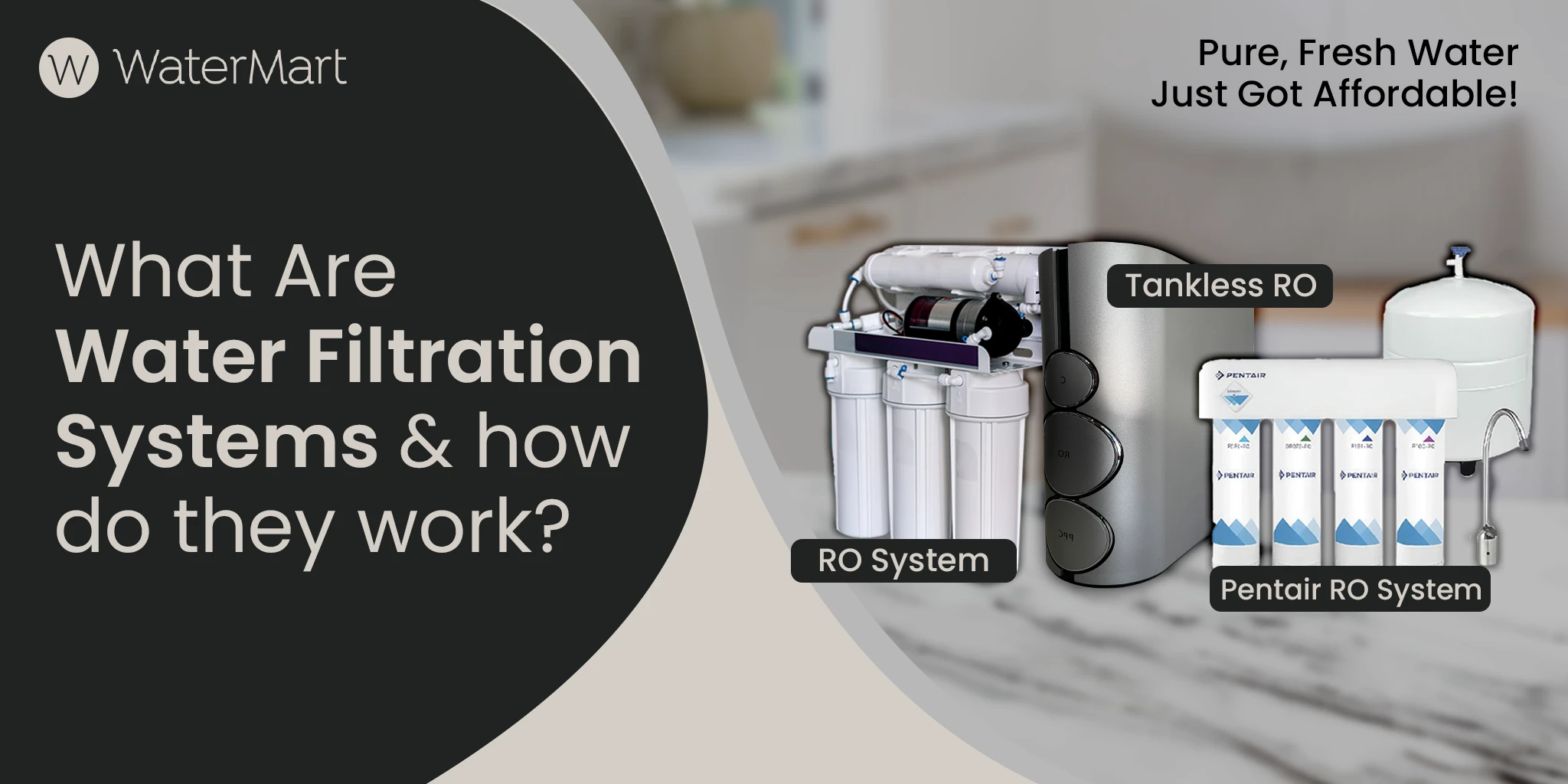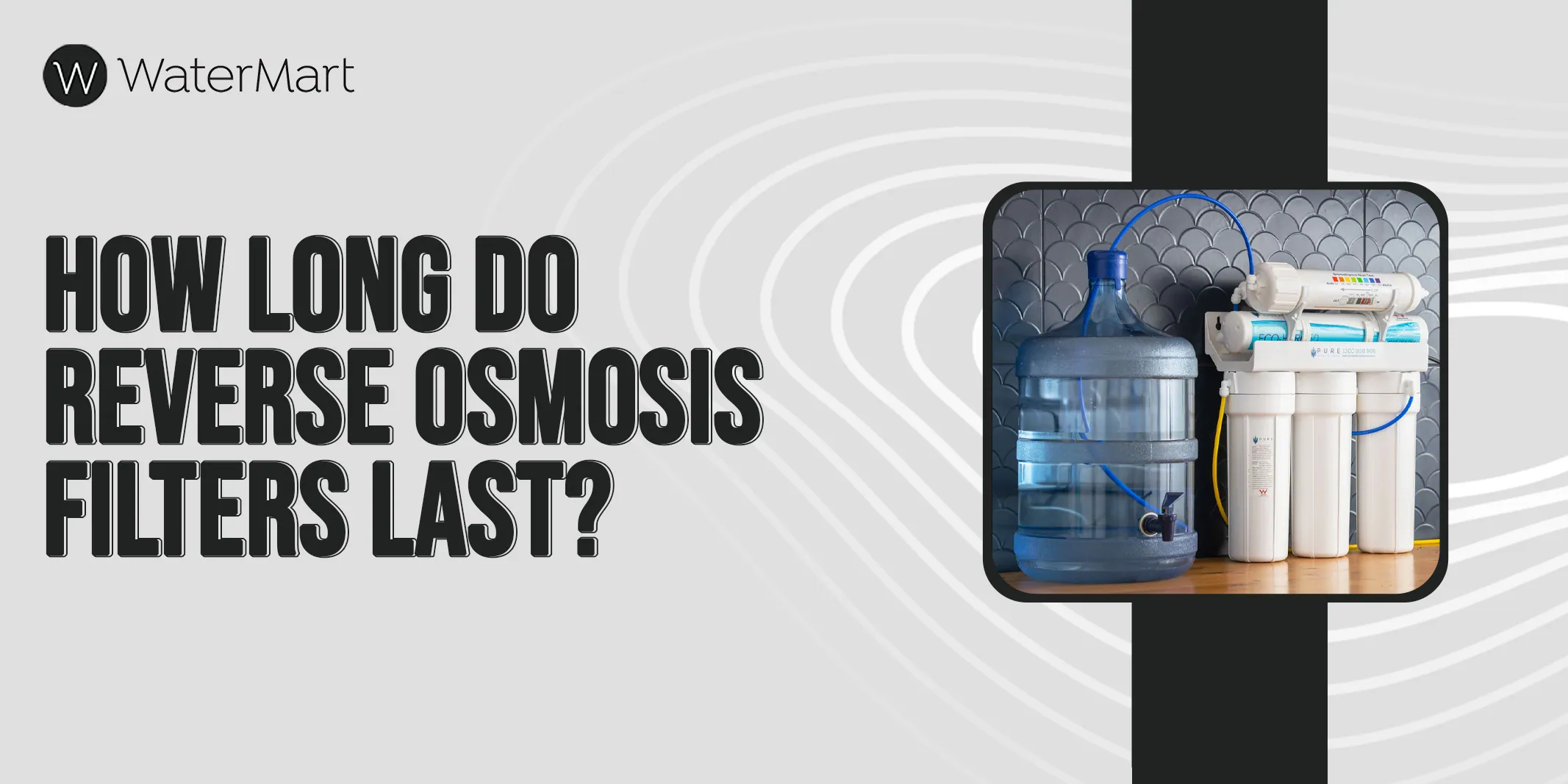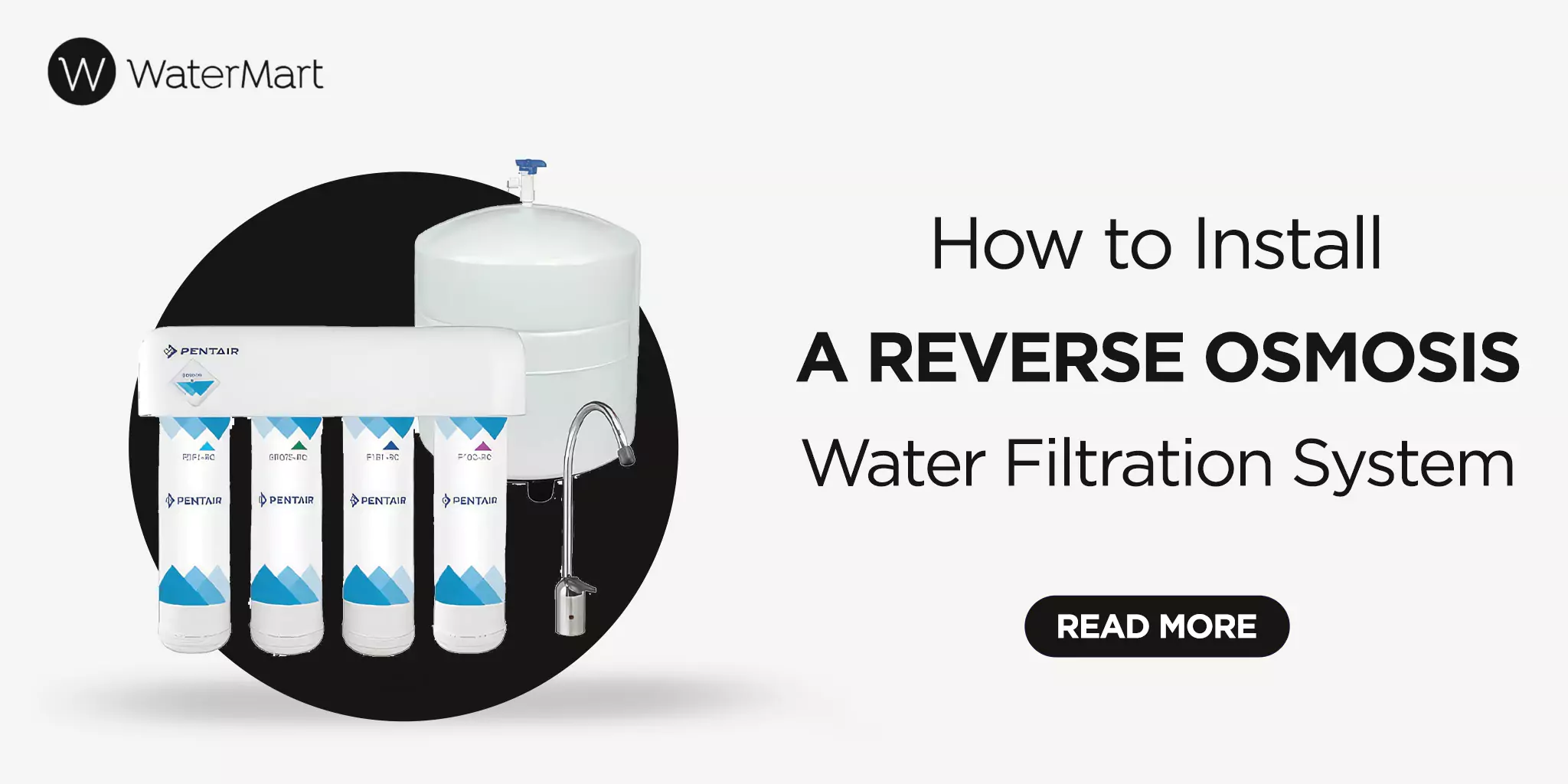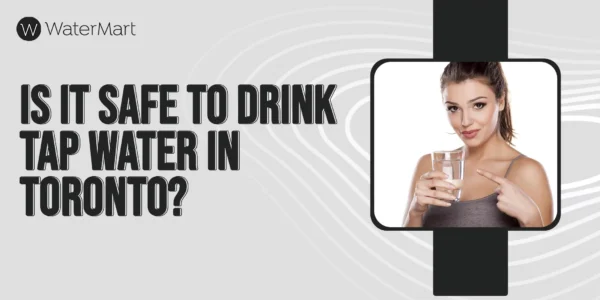Your cart is currently empty!
Do Water Softener Shower Heads Work? Pros, Cons, & Alternatives!
Water softener shower heads promise smoother skin, shinier hair, and cleaner bathroom tiles. However, the name is marketed as a quick alternative to full softening systems, but they only reduce calcium and magnesium. They offer surface-level filtration and can not completely remove hardness minerals the way full-house water softeners do, at least not in a measurable or lasting way.
In Canada, 20% of cities report hardness above 180 mg/L. Some in Ontario and Saskatchewan exceed 500 mg/L; these levels can’t be handled by a water softener shower head. The only way to know? Start with a free water test from WaterMart.
This article takes a closer look at whether water softener shower heads work or if they are just clever filters with better branding.
What Are Water Softening Shower Heads?
Water softener shower heads are upgraded fixtures designed to reduce the effects of hard water during showers. Unlike direct regular shower heads, they include built-in filters or treatment media that target chlorine, sediment, and even minor mineral content. There are several types:
- Filter-based models with carbon or KDF
- Vitamin C-infused units that reduce chlorine and chloramines
- Ionic bead systems that balance pH or “soften” water using ceramic or tourmaline beads
Some models include pressure boosters, while others focus on adding trace minerals or removing specific contaminants. All are marketed to provide cleaner water, healthier hair, clearer skin, and less buildup, similar benefits of water doftener systems. Such a type of shower head with a built-in water softener does provide results, but not in a way that a full-house water softener system does.
How Do Water Softening Shower Heads Work?
Water softener shower heads use filtration media like carbon, KDF, or vitamin C to reduce minerals such as calcium and magnesium. They work the same way basic filtration works, where water is pushed through a compact filter built into the unit.
The filter might contain activated carbon to remove chlorine, KDF to reduce metals like lead and mercury, or vitamin C to neutralize chloramines. The removal of mineral or metal depends on the model, and although some also come with mineral or ceramic beads, they still mostly target pH and odour.
So, they slightly reduce mineral traces like calcium and magnesium, but these filters don’t soften water in the chemical sense.
They only treat the water in the shower (only the water coming in contact with the shower head), not the whole house plumbing system. But they don’t remove hardness ions, and they offer no appliance protection.
By contrast, whole-house systems treat all water entering your home and remove hardness thoroughly. Other advanced systems, like a reverse osmosis drinking water filter, remove even more impurities, like dissolved solids. People who want lasting protection of their pipes, fixtures, and appliances should invest in a complete water softener or a reverse osmosis system. Here’s why:
| Feature | Shower Head Softeners | Whole-House Softeners (Ion Exchange/RO) |
|---|---|---|
| Treatment Scope | Only shower water | All water in the home |
| Main Technologies | Carbon, KDF, Vitamin C | Ion exchange, Reverse osmosis |
| Appliance Protection | No | Yes, protects all plumbing and appliances |
| Benefits | Softer skin/hair, less soap scum | Full appliance protection, better bathing, and longer plumbing life |
Do They Actually Soften Water?
Despite the name, a shower head water softener doesn’t “soften” water in the technical sense. True softening means removing calcium and magnesium through ion exchange, something these heads don’t do. What these filters can do is:
- Reduce chlorine levels using activated carbon or vitamin C
- Trap some heavy metals like lead or mercury using KDF
- Filter out visible sediment and rust particles
These benefits are factual, but they won’t change your actual water hardness level. If your supply exceeds 180 mg/L, as it does in many parts of Ontario and Saskatchewan, you likely won’t see a big difference. Here are the limitations of shower head softeners:
- Only treat water flowing through the shower, not the whole home
- No effect on hardness minerals in dishwashers, laundry, or kitchen taps
- Short-lived filters often require frequent replacement
- No real appliance protection
For water softening, a whole-home unit or reverse osmosis is the best option that treats all incoming water and prevents limescale buildup.
Do They Improve Skin and Hair Health?
Yes, that’s the reason it got so popular online. You can use a water softener shower head to improve skin and reduce hair damage. Here’s how:
- For Hair: It removes chlorine, metals, and minor sediment, which can reduce dryness and irritation. That matters when hard water strips the natural oils from your skin and scalp. It also makes products work better, so your hair stays less frizzy or weighed down.
- For Skin: Filters can help manage flare-ups or itchiness, especially if conditions like eczema or psoriasis are already present. Soft water helps soap rinse off properly, leaving behind less residue and reducing skin issues.
- Hygiene And Cleanliness: Though these heads don’t offer true calcium and magnesium removal or full limescale removal, they do reduce visible residue on glass and tile. Less scale buildup means fewer cleaning chores and a better-looking bathroom, at least at the surface level.
Some users also report better colour retention in dyed hair and fewer breakouts when switching to filtered showers. While these claims are anecdotal, they reflect a noticeable difference in daily use.
Pros & Cons of Filtered Shower Heads
Pros
- Quick DIY Install: There’s no need for a plumber or tools as the units fit onto standard shower fittings easily. Ideal for renters or quick upgrades.
- Affordable Trial Option: Ranges between CAD 30-100, making it accessible to test the water improvement. Ideal for households not ready to invest thousands in whole-house systems yet curious about filtration benefits.
- Improves Water Feel: It does “filter” the water and removes chlorine, some heavy metals, and trace sediment. You can expect better cleanliness and less residue on tiles and glass.
- Supports Hair & Skin: Filtered water helps maintain natural oils, reducing dryness and irritation. People with sensitive skin report calmer complexions and hair that tangles less after installation.
Cons
- Limited Mineral Removal: These filters don’t perform calcium and magnesium removal. So, they can’t prevent scale buildup in hot water tanks or full plumbing systems.
- Frequent Maintenance Required: Filter media saturates quickly, usually 2–3 months in Canadian hard-water zones. Costs add up fast, and ignoring replacements reduces effectiveness and causes clogging.
- Poor Fit for High Hardness: Homes with over 200 mg/L hardness (common in parts of Ontario, Alberta, Saskatchewan) report minimal improvement. Even premium built-in filter shower heads show minimal impact.
- Flow and Durability Issues: Lower-end models reduce water pressure and cause leaks when tightened. Durable brass models resist cracking, but plastic units fail prematurely under regular use.
Best Alternatives to Water Softening Shower Heads
If your area has over 200 mg/L water hardness level, a shower head filter isn’t it. Check out these effective water hardness treatment options for different levels depending on your needs:
- Whole-House Water Softeners
A full-home solution sits at your main water inlet and uses ion exchange to remove calcium and magnesium, exchanging them for sodium or potassium ions. This hard water treatment prevents scale buildup across all home water lines. While upfront costs are high, long-term savings from lower maintenance, energy bills, and improved cleaning efficiency make this a smart investment.
Let WaterMart test the water quality for free, and then you can decide which option is best for you. With WaterMart water softeners, homes in Ontario and Alberta report fewer repairs and longer appliance life.
- Portable Inline Filters
These inline units install between your shower arm and head, typically using carbon, KDF, or calcium sulfite media. They remove chlorine, sediment, and some heavy metals. So they give the same benefits as water softener shower heads, and their cartridges also last 6 to 12 months. Ideal for renters or those who want more filtration without replacing fixtures.
- Water Softening Bath Tablets
These tablets contain sodium-based agents that dissolve in bathwater and trigger ion exchange to remove hardness minerals. They improve lather, reduce limescale removal in tubs, and offer a true softening effect in a single soak. The effect is temporary and limited to the bath, so there’s no impact on shower water or household systems.
Final Verdict: Do Water Softener Shower Heads Work?
Yes, water softener shower heads work, but only to a point. They help reduce chlorine, some heavy metals, and minor sediment. We recommend using them if you want to improve skin and hair health. But they don’t perform real calcium and magnesium removal, nor do they prevent scale buildup in plumbing.
For users dealing with mild water issues or looking for a quick skin fix, they’re worth considering. Just don’t expect full hard water treatment, like in water softening or a reverse osmosis system. For consistent water quality across the home, a whole-house softener is the only long-term solution. Reach out to WaterMart for a free water test to get started!
Faqs
No. A whole‑house softener treats all water entering your home, including your shower.
They reduce minor scale buildup and help with soap scum on tiles, improving appearance. But they don’t handle the bulk of hardness minerals, so buildup will return.
Yes. Most incorporate carbon, KDF, or vitamin C media and can remove 80-95% of chlorine and chloramines.
Every 3-6 months, depending on water quality and usage.
No. In regions exceeding 200 mg/L hardness, they only offer superficial relief; true limescale removal requires a whole-house solution.
Absolutely. Most models screw onto standard shower arms and install in under 10 minutes.
They excel at chlorine removal and balancing pH, but they don’t remove hardness minerals such as calcium and magnesium.
They help somewhat by limiting visible deposits, but they don’t stop scale formation in plumbing. Complete prevention requires full-home water hardness treatment.
Yes. Regular use is safe, but follow filter replacement schedules to maintain hygiene and performance.
Not if properly maintained. Using quality models ensures a consistent flow. Pressure drops usually signal a clogged or overdue filter.
They’re a sensible choice for people focused on skin and hair health or minor chlorine reduction. But they’re not a replacement for comprehensive hard water treatment.
If you experience dry skin, dull hair, soap scum, or a chlorine smell, and live in a hard-water area, a quality shower head filter can offer noticeable relief.
